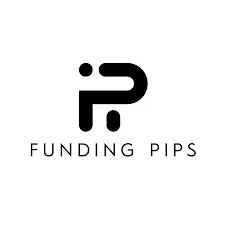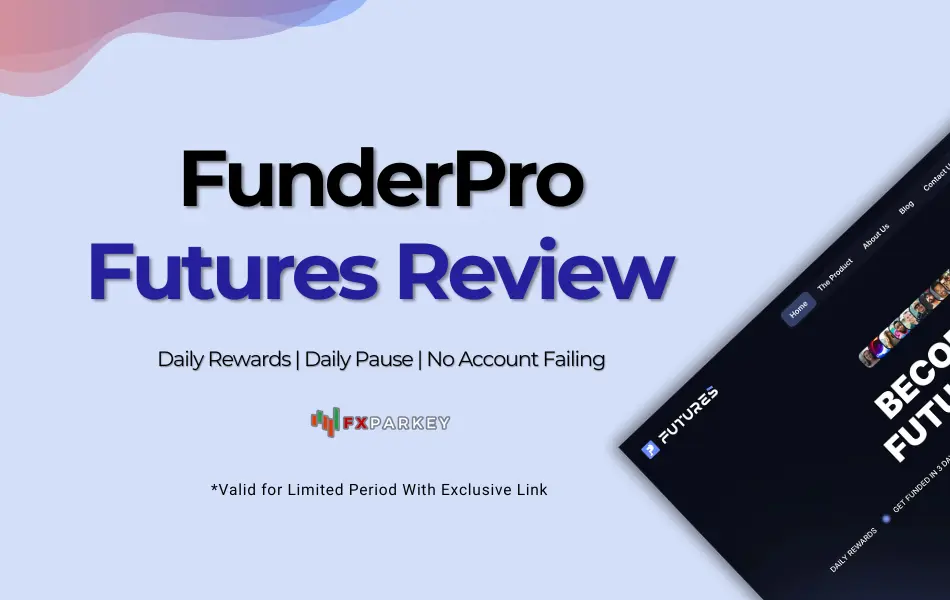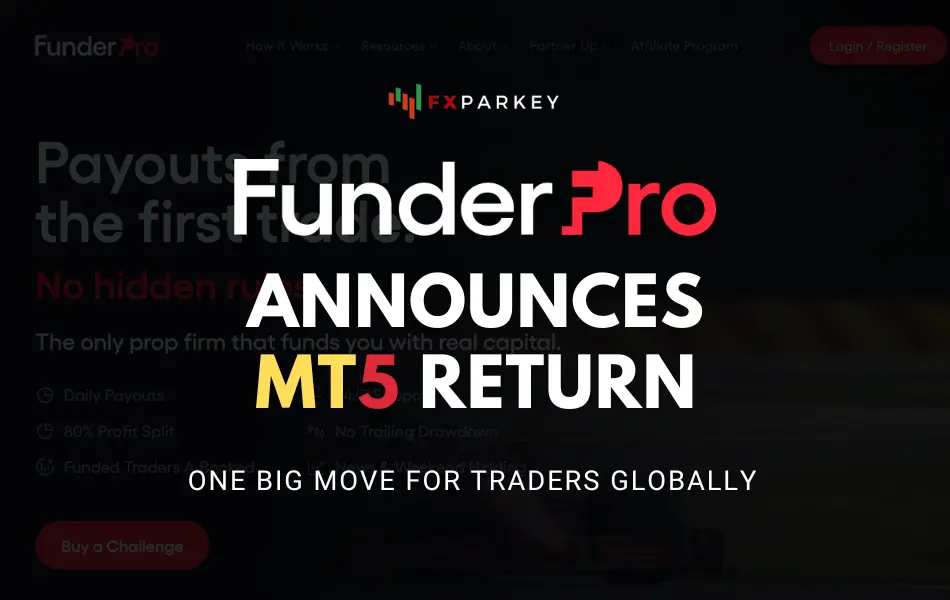Top Prop Firms You Can Rely On
Latest Reviews for Forex Prop Firms
What is a Prop Firm (Forex Prop Firm)?
A Forex Proprietary Trading Firm, commonly known as a Forex Prop Firm, is a financial institution that provides traders with access to its capital to engage in trading activities, particularly in the foreign exchange (Forex) market. These firms offer a platform for traders to execute trades and access financial markets. Traders typically use the firm's capital, which is often much larger than what a typical retail trader can afford, allowing them to take larger positions in the market.
Profits generated by traders at prop firms are usually shared between the trader and the firm, based on a pre-agreed profit-sharing arrangement. Prop firms also provide traders with sophisticated trading tools, software, resources, and sometimes mentorship. This system allows traders to leverage larger capital, take on more risk, and potentially earn higher profits.
Risk Management
A firm's risk management policies are crucial in protecting both the trader and the firm from excessive losses. These policies may include position limits, daily loss limits, and stop-loss orders, which are designed to control risk exposure and safeguard the firm's capital.
Growth Opportunities
These refer to the potential for traders to scale their trading and increase their allocated capital based on performance. A firm that offers growth opportunities can provide a pathway for traders to progress and increase their earnings.
Reputation
The firm's reputation in the industry is a key parameter. It can be gauged by reviews, trader testimonials, and its track record. A firm with a robust reputation signifies years of experience, implying stability and reliability.
Drawdown Limits
Drawdown limits are the maximum allowable percentage a trading account can decline before triggering a violation. These limits are designed to protect prop firms from losing extensive amounts of capital and are crucial for managing risk
Liquidity
Liquidity refers to the ease with which traders can enter and exit positions. It is influenced by the firm's access to liquid markets. High liquidity means there are sufficient buyers and sellers at current prices to easily and quickly execute trades.
Commission Structures
Commission structures are the fees that traders have to pay for each trade. These fees can affect profitability and should be competitive. A firm with low and transparent commission structures can be more attractive to traders.
Best Forex Prop Firm Reviews
How to Choose a Forex Prop Firm?
When choosing a Forex Proprietary (Prop) Firm, consider the firm's reputation, regulation, and the trading capital and funding available to you. Evaluate the trading conditions, including leverage, commission structures, and tradable assets. Look at the profit split ratio and the firm's risk management policies. Consider the firm's evaluation process and growth opportunities, as some offer progression based on performance. By evaluating these factors, you can make an informed decision that aligns with your trading goals.
Trading Conditions
Review the key trading conditions of the prop firm, such as the tradable assets, funded account size, and leverage. The trading conditions should be favorable for traders, with low spreads and commissions, and the firm should provide traders with fast execution speeds and a reliable trading platform.
Evaluation Phase
Examine the evaluation phase conditions of the firm. Some prop firms have an evaluation process or program that traders must pass before they can trade with the firm's capital. The evaluation process should be clear and achievable.
Profit Split Ratio
Pay attention to the profit split ratio. This is the percentage of the profits that the trader gets to keep. Some firms offer a higher profit split ratio than others.
Funding Process
Consider the funding process of the prop firm. There are variations in the way prop firms provide funding for their clients. Some firms may require that you go through an evaluation process, while others may not.
Customer Support and Education
A good prop firm should provide traders with training and support to help them improve their trading skills. This can include access to trading courses, webinars, and one-on-one coaching.
Trading Autonomy and Rules
Review the firm's trading policies and rules. A firm that offers flexibility in these aspects could be a better choice, providing you with the space to grow as a trader.
Best Forex Prop Firms by ForexParkey
List of Best Forex Prop Firms with ❤️
Based on Evaluation & Phases
The Funded Trader
The Funded Trader offers up to $1 million in funding with a unique clear & easy challenge designed for all trader levels.
FTUK
FTUK features risk-free funding challenges starting from just $497 along with a supportive community of over 800 funded traders.
Traders with Edge
Traders with Edge is known for their intense combined evaluation preparing traders for the real-world markets.
Based on Drawdown Limits
Instant Funding
Skip the evaluation phases and get along with the instant funding offers. Instant funding challenges upto $80,000.
Earn2Trade
Earn2Trade emphasizes learning through their free educational bootcamp teaching trading strategies to pass evaluation.
FundedNext
Funded Next has funded over 800 traders with challenges customized to suit different trading styles and account sizes.
Latest Videos from Popular Prop Firms
List of Best One Step Forex Prop Firms ❤️
- FTUK
- Surge Trader
- Funded Trading Plus
- Lux Trading Firm
- Fundednext
- Toptier Trader
Glossary Related to Forex Prop Firms
- Forex: Short for foreign exchange, it refers to the trading of one currency for another.
- Prop Firm: A proprietary trading firm is a company that provides funds for financial traders to trade with. In other words, a prop firm trades with its proprietary funds.
- Prop Trader: A trader who trades with the capital of the prop firm they work for.
- Profit Split: The percentage of profits that a trader keeps versus what the firm takes.
- Leverage: The use of borrowed capital to increase the potential return of an investment.
- Commission: A service charge assessed by a broker or investment advisor for providing investment advice or handling purchases and sales.
- Tradable Assets: The financial instruments that traders can buy and sell on the financial market, such as currencies, stocks, and commodities.
- Risk Management: The process of identifying, assessing, and controlling threats to an organization's capital and earnings.
- Evaluation Process: The process or program that traders must pass before they can trade with the firm's capital.
- Growth Opportunities: The chances for traders to progress to higher funding levels based on their performance.
- Drawdown: The peak-to-trough decline during a specific recorded period of an investment, a trading account, or a fund.
- Liquidity: The degree to which an asset or security can be quickly bought or sold in the market without affecting the asset's price.
- Margin: The money borrowed from a brokerage firm to purchase an investment.
- Overtrading: The excessive buying and selling of stocks by a trader, often to the detriment of their performance.
- Leverage: The use of borrowed capital to increase the potential return of an investment.
- Position Limits: The maximum amount of a particular security a trader is allowed to hold.
- Stop-Loss Order: An order placed with a broker to sell a security when it reaches a certain price.
- Capital Provision: The process by which prop firms provide traders with capital to trade.
- Trader Evaluation: The criteria for evaluating the performance and potential of traders.
- Capital Allocation: The process of dividing and distributing the firm's capital among traders.


















